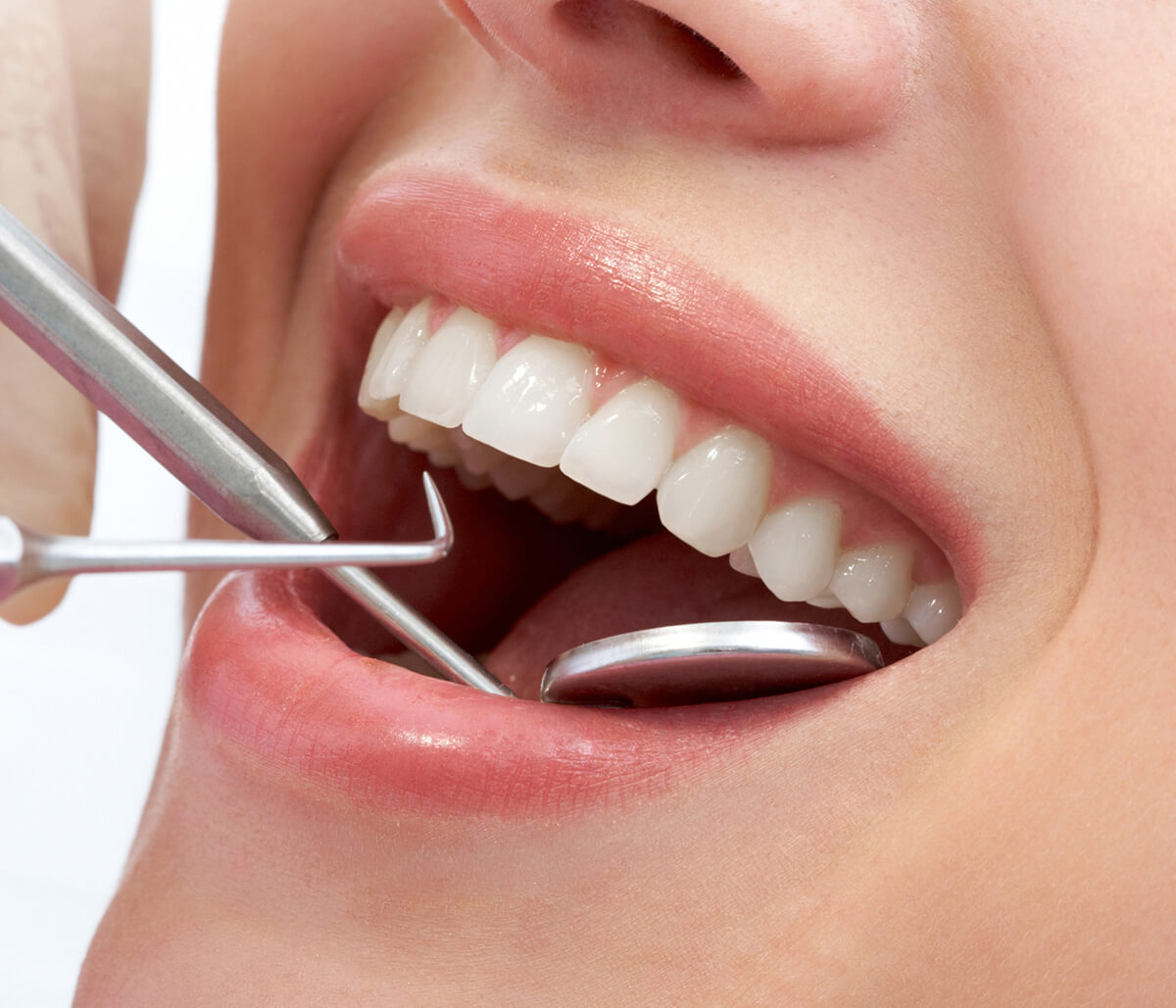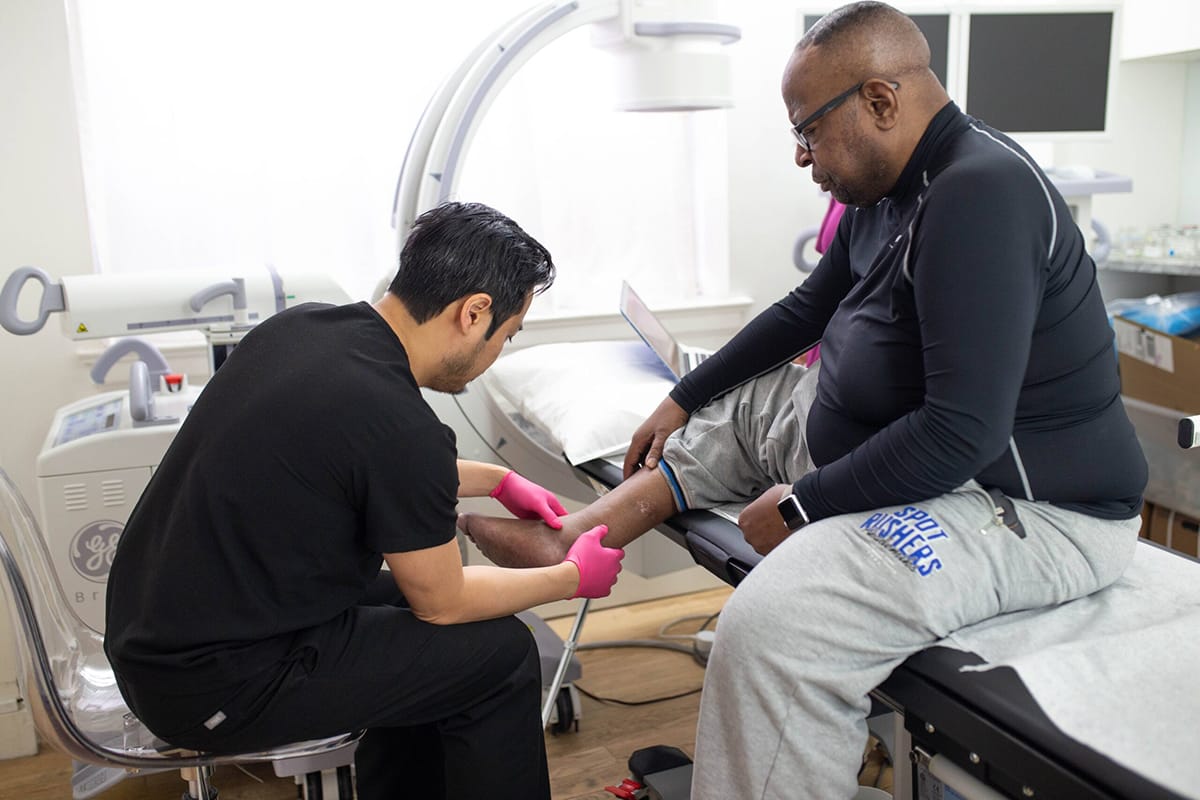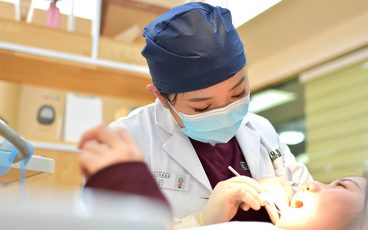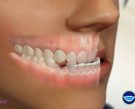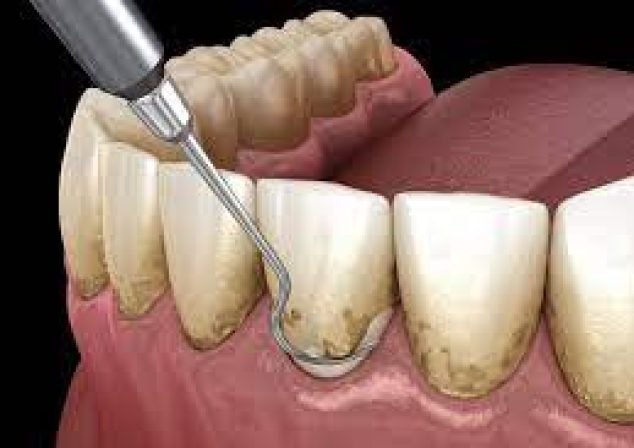
Periodontal disease, also called gum infection or periodontitis, is an advanced disease affecting the surrounding and supporting tissue of the gums and the jawbone. If left undiagnosed, periodontal disorder can result in unstable and loose tooth loss. Periodontal infection is the leading reason for tooth loss in grown-ups. Periodontal maintenance in Houston, TX, is essential for everyone.
Periodontal disease starts when the toxins available in plaque begin to attack the weak or gingival tissue covering the teeth. This bacterium implants rapidly and breeds itself in the gum, creating a bacterial illness. As the disease advances, it burrows more profound into the tissue, causing irritation and inflammation between the gums and teeth. The body’s response is to alleviate the infected tissue.
Different Kinds Of Periodontal Diseases
There are various combinations of periodontal disorders and many ways in which these types display themselves. All require instant treatment by a periodontist or a dental care provider to save the bone and gum tissue and halt the progression.
Here are some of the most general kinds of periodontal disease:
Gingivitis
Gingivitis is the most common and mildest form of periodontitis. It leads to periodontal disease stages, which occur by the toxins in plaque. People at higher risk of developing gingivitis comprise pregnant women, people with uncontrolled diabetes, women taking birth control pills, steroid consumers, and individuals who control blood pressure and seizures using medical facilities.
Chronic Periodontal Disorder
Chronic periodontal disorder is a known form of the disorder. It’s more frequent in individuals over 45 years of age. It’s featured by demolishing bone tissue, gingival, and inflammation below the gum line. It may look like the teeth are growing, but the gums are slowly recessing.
Aggressive Periodontal Disorder
The rapid decrement of gum attachment features aggressive periodontal disorder, the instant loss of familial aggregation, and bone tissue. The issue is the same as chronic periodontitis, but the growth is much faster. Those with a history of this disease and smokers are at a grown risk of increasing aggressive periodontitis.
Periodontal Disorder Relating to Systemic Cases
Periodontal disease can indicate a condition or disease affecting the remaining body. Depending on the underlying case at a dentist open on saturday near me in Houston, TX, the disease can behave like an aggressive periodontal disorder, working rapidly to damage tissue. Diabetes, respiratory disorders, and heart disease are the most general factors, though there are many differences. Even in conditions where little plaque covers the teeth, many medical situations intensify and accelerate the growth of periodontal disorder.
Necrotizing Periodontal Disease
This type of disease instantly worsens and is more common among people who are suffering from HIV, malnutrition, immunosuppression, chronic stress, or smoking. It can be diagnosed by an emergency dentist office near me in Houston, TX. Necrosis is tissue death and frequently impacts the gingival tissues, alveolar bone, and periodontal ligament.
Conclusion
Periodontal diseases are among the most prevalent dental diseases affecting adults and children. It’s induced by plaque increment due to poor oral and dental hygiene, which can occur in the growth of bacteria in your gums.
Good oral and dental hygiene practices — including regular tooth brushing, flossing, and proficient cleanings with a 24 hour emergency dentist near me in Houston, TX — are the primary protection against developing and spreading periodontal diseases.
0 Comments 679 Views
YOU MAY ALSO LIKE
share
About me

Health And Healthy Tips is Free health blog, If you wish to be part of this blog and want to conribute contents which are interesting for our readers, please contact us.
CATEGORY
- Beauty (19)
- BUSINESS (3)
- Dental Care (187)
- Eye Care (12)
- Fitness (23)
- Healthy Life (179)
- Men's (10)
- Women's (12)

